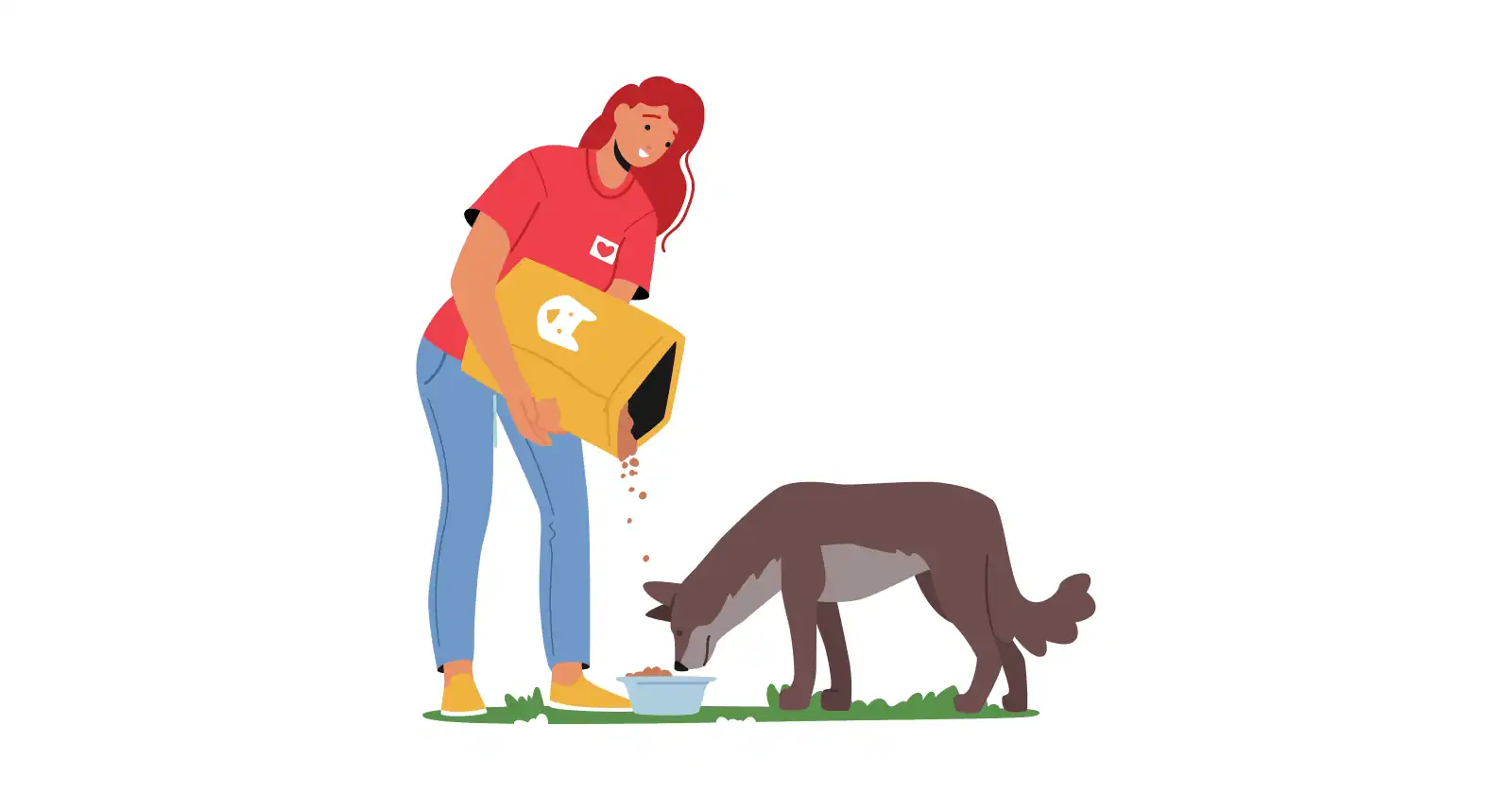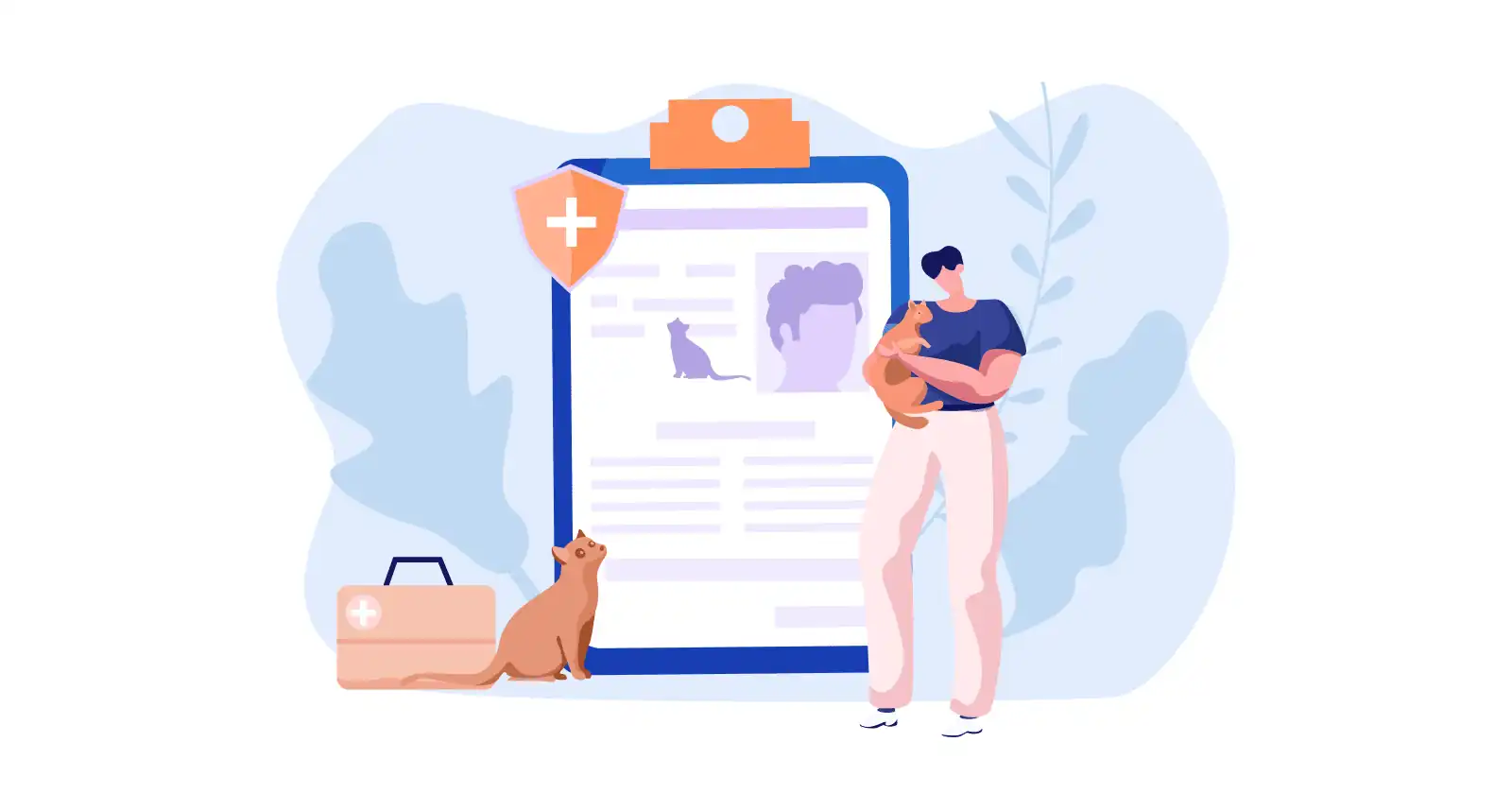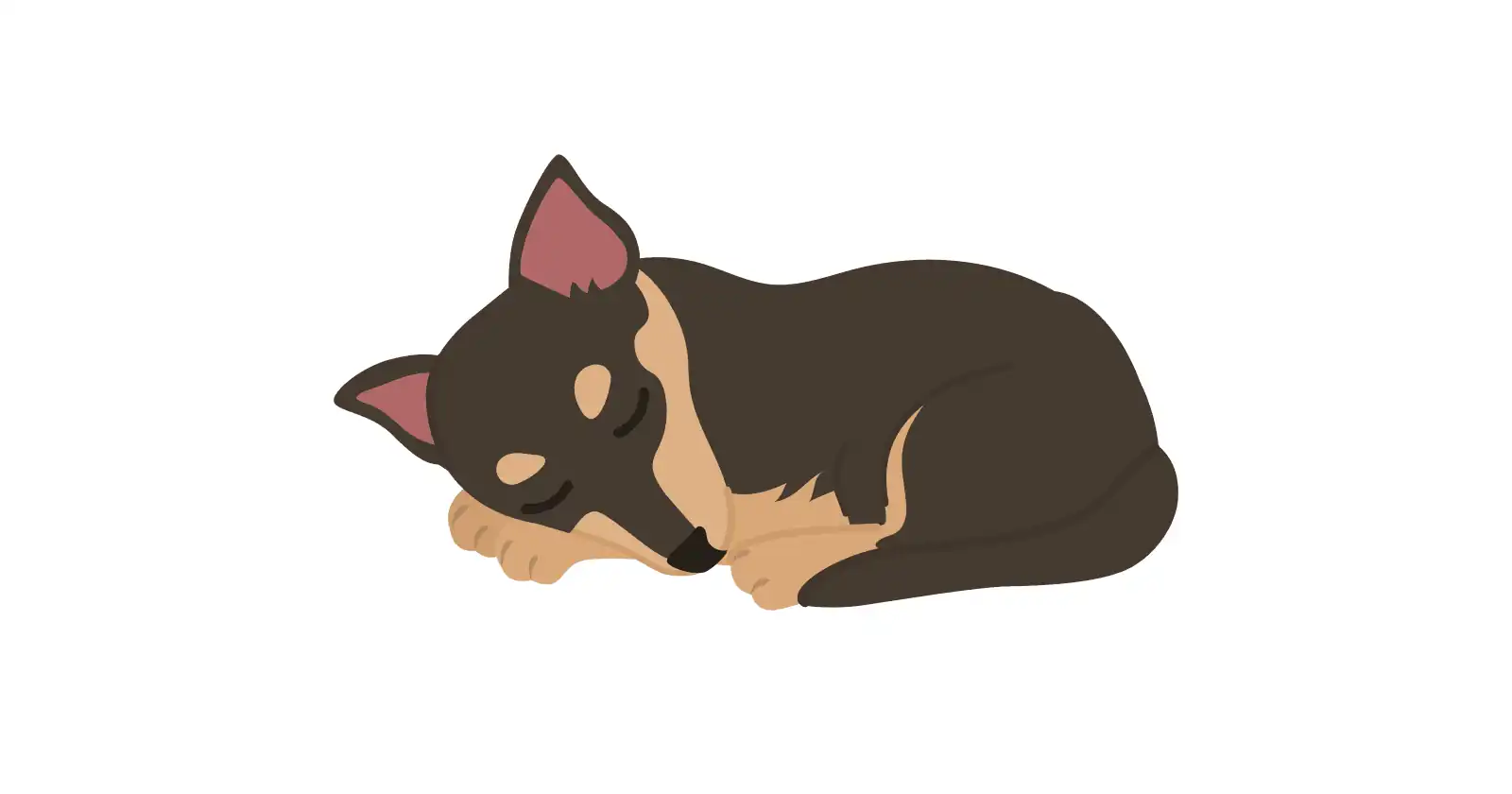Are grain-free diets suitable for pets?

-
Natural diet variation: In the wild, dogs and cats consume a varied diet that includes grains, fruits, vegetables, and meat. They have evolved to digest and derive nutrients from a wide range of food sources.
-
Nutritional requirements: Dogs and cats require a balanced diet that provides essential nutrients, including carbohydrates, proteins, fats, vitamins, and minerals. Grains can be a valuable source of energy, fiber, and nutrients, contributing to a well-rounded diet.
-
Allergies and sensitivities: While some pets may have allergies or sensitivities to certain grains, they are relatively uncommon. Protein sources like beef, chicken, and dairy are more frequently associated with food allergies in pets.
-
Risks of grain-free diets: Recent studies have linked grain-free diets to an increased risk of a heart condition called dilated cardiomyopathy (DCM) in dogs. This is thought to be related to the absence of certain grains and the use of alternative ingredients that may interfere with taurine metabolism.
-
Individual needs: Every pet is unique, and dietary requirements can vary based on factors such as age, breed, activity level, and overall health. It's essential to consider these factors and consult with a nutritionist to determine the most suitable diet for your pet.
In summary, grain-free diets are not inherently necessary or beneficial for all pets. A balanced diet that meets the nutritional needs of your pet, including appropriate grains, can be a healthy choice. Consult with Kuddle nutritionist to discuss your pet's specific dietary needs and determine the best course of action.


